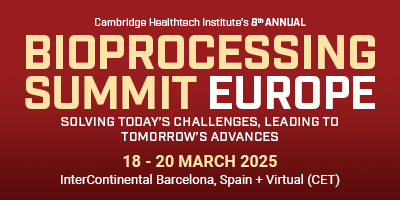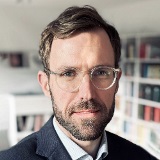Cambridge Healthtech Instituteの初開催
AI and Process Control
AIとプロセス制御
Revolutionizing Bioprocessing Through Intelligent Control
インテリジェント制御でバイオプロセシングに革命を起こす
2025年3月19日 - 20日 CET(中央ヨーロッパ標準時)
3月19日(水)
10:30Registration Open
PLENARY KEYNOTE: ADAPTING TO GLOBAL DEMANDS AND EVOLVING PIPELINES
プレナリー基調講演:世界的な需要への適応と進化するパイプライン
CMC Strategies for Diverse Pipelines and Complex Modalities
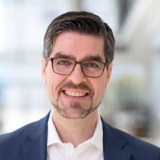 Christian Hunzinger, PhD, Senior Director and Head, CMC Development Proteins, ADCs and Chemical Entities, BioNTech
Christian Hunzinger, PhD, Senior Director and Head, CMC Development Proteins, ADCs and Chemical Entities, BioNTech
Biopharmaceutical treatment paradigms are shifting from monotherapy towards multi-target approaches with complex multimodal entities. This complexity also translates into increasingly complex CMC development and manufacturing strategies. The talk will provide a general overview on recent developments, challenges, and opportunities, along with examples from various stages of the CMC development lifecycle.
Enhancing Process Development: Balancing Yields with Downstream Efficiency and Emerging Technologies
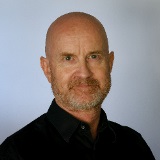 Oliver Kaltenbrunner, PhD, Scientific Director, Process Development, Amgen Inc.
Oliver Kaltenbrunner, PhD, Scientific Director, Process Development, Amgen Inc.
Explore the evolving landscape of process development, emphasising the critical balance between maximising yields and optimising downstream processing. This presentation will delve into the impact of upstream processes on primary recovery, integrating cutting-edge technologies like Process Analytical Technology (PAT), advanced modelling, and artificial intelligence. Supported by real-world examples, we'll examine how these innovations are reshaping process efficiency and performance in the industry.
12:20Session Break
12:30Sponsored Presentation (Opportunity Available)
13:00Networking Lunch in the Exhibit Hall with Poster Viewing

DIGITALISATION AND PROCESS CONTROL
デジタル化とプロセス制御
Host Cell Proteins Profiling and Characterisation for Model-Based DSP Design
 Marcel Ottens, PhD, Professor, Biotechnology, Delft University of Technology
Marcel Ottens, PhD, Professor, Biotechnology, Delft University of Technology
This presentation explores the integration of host cell proteins (HCP) profiling into model-based downstream process (DSP) design. By examining the characterisation techniques and quantification of HCPs, we demonstrate how these data inform the optimisation of purification strategies, enhancing product purity and process efficiency. Case studies illustrate the impact of advanced HCP analytics on biopharmaceutical production, emphasising practical applications and theoretical implications for DSP workflows.
Digitalisation Strategies to Enhance Efficiency and Product Quality
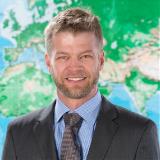 Oliver Hesse, Lead, CMC Digital Transformation and Data Science
Oliver Hesse, Lead, CMC Digital Transformation and Data Science
This presentation will highlight our manufacturing platform strategy for cell therapies-emphasising data science, modelling, and PAT-to enhance manufacturing efficiency and product quality. By integrating automation and machine learning, we want to accelerate the development of robust processes. Join us in exploring how smart manufacturing practices can redefine the future of cell therapy production.
Pharmaceutical Freeze-Drying: Applications for Multi-PAT Sensors
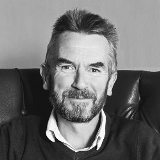 Geoff Smith, PhD, Professor, Pharmaceutical Process Analytical Technology, De Montfort University
Geoff Smith, PhD, Professor, Pharmaceutical Process Analytical Technology, De Montfort University
A novel program of work (Digital_Lyo) will be presented that is being undertaken by a consortium or academic, industrial, and regulatory authority partners, including AstraZeneca, Siemens, the Medicines and Healthcare Regulatory Agency (UK), and smaller industrial enterprises with specialist capability in sensor development. The talk will present highlights of the Digital_Lyo programme, including the applications for a novel process analytical technology called through-vial impedance spectroscopy (TVIS).
 From Industry Needs to PAT Solutions - Pioneering Conductivity in Downstream Applications
From Industry Needs to PAT Solutions - Pioneering Conductivity in Downstream Applications
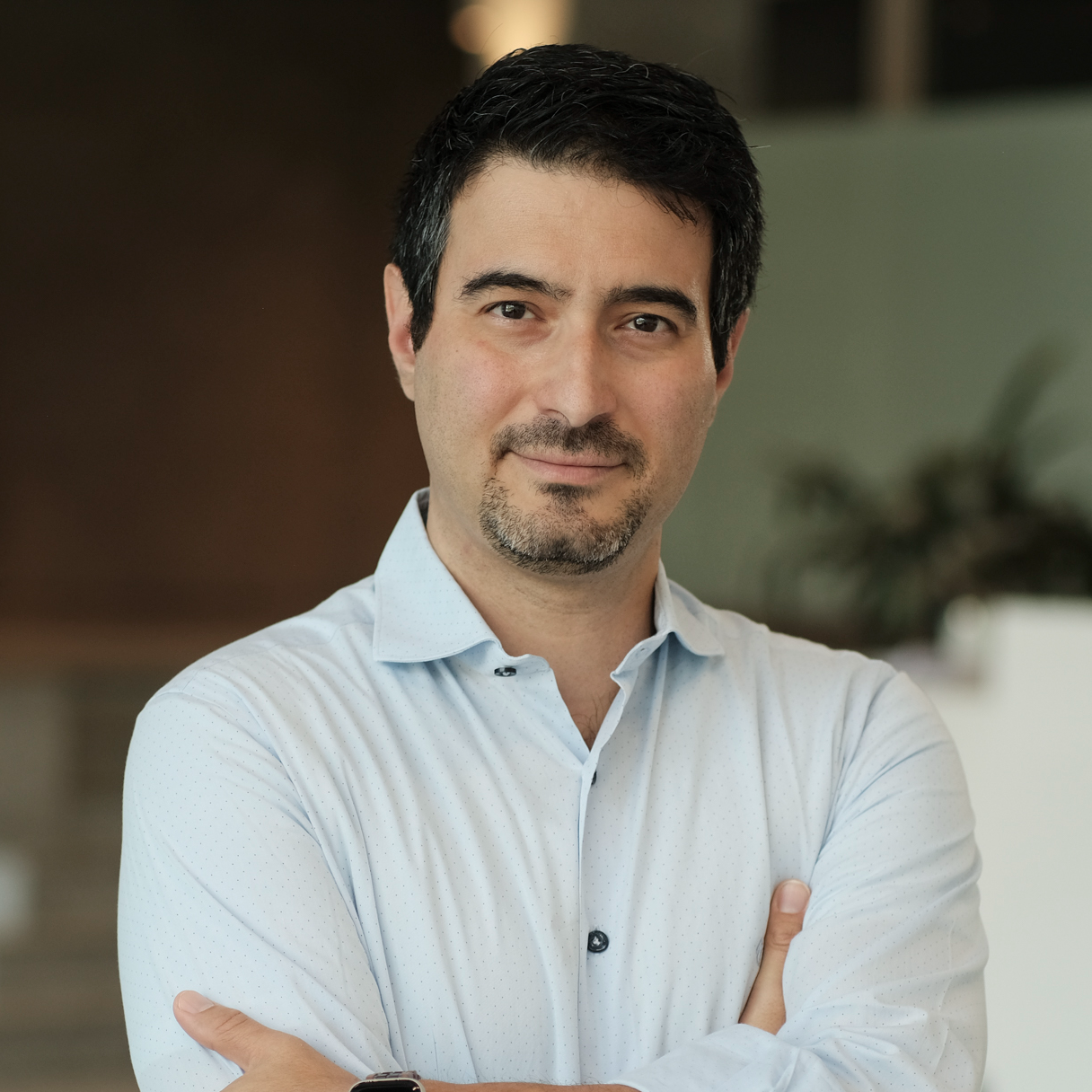 Giovanni Campolongo, Senior Market Segment Manager, Biopharma, Hamilton Bonaduz AG
Giovanni Campolongo, Senior Market Segment Manager, Biopharma, Hamilton Bonaduz AG
Conductivity accuracy and response time are critical in chromatography, where even minor deviations can result in significant product losses-estimated at up to $24,000 per minute. To help the biopharma industry prevent this, Hamilton developed its latest PAT solution: the Flow Cell COND 4UPtF. It delivers high accuracy (±3%) with the fastest response time on the market (T90 < 22s), preventing costly purification delays. Powered by Arc Intelligent Technology, this innovation: • reduces inaccuracy risks while ensuring streamlined compliance, • saves footprint space, and • enhances purification efficiency, saving up to $62,000 per purification cycle while cutting ownership costs by 65%.
16:05Sponsored Presentation (Opportunity Available)
16:20Refreshment Break in the Exhibit Hall with Poster Viewing

AI and Big Data Tools in the Analytical Function and Beyond
Angela Botros, PhD, Process Modeling Expert, DataHow AG
- Success and failure stories of AI/ML for specific methods and instruments
- Utilized software tools and maintenance of created AI solution
- Benchmark vs traditional approaches
- Opportunities and challenges
- Experimental method validation in GMP environments
- Holistic digitalization perspective beyond analytical
Interactive Breakout Discussions are informal, moderated discussions, allowing participants to exchange ideas and experiences and develop future collaborations around a focused topic. Each discussion will be led by a facilitator who keeps the discussion on track and the group engaged. To get the most out of this format, please come prepared to share examples from your work, be a part of a collective, problem-solving session, and participate in active idea sharing. Please visit the Interactive Breakout Discussions page on the conference website for a complete listing of topics and descriptions.
18:30Close of Day
3月20日(木)
08:00Registration and Morning Coffee
PROCESS MONITORING AND CONTROL
プロセスモニタリングと制御
To Model or Not to Model: When Are Models Really Useful?
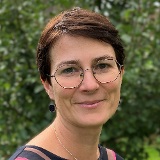 Bettina Knapp, PhD, Lab Head, Upstream Development, Boehringer Ingelheim
Bettina Knapp, PhD, Lab Head, Upstream Development, Boehringer Ingelheim
Cell culture development in biopharmaceuticals uses models to optimise processes and understand complex systems. Defining a model's purpose is crucial, as is starting with good data. Embracing model thinking across all disciplines enhances understanding and effective use of models. Despite challenges, effective modelling can lead to faster, better, and more sustainable processes.
Non-Invasive Methods for Monitoring Bioprocesses
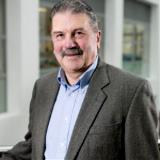 Michael Butler, PhD, Principal Investigator, Cell Technology, National Institute for Bioprocessing Research & Training (NIBRT)
Michael Butler, PhD, Principal Investigator, Cell Technology, National Institute for Bioprocessing Research & Training (NIBRT)
Bio-capacitance has become a standard online method to measure growth in cell-based biomanufacturing. The method offers, rapid continuous monitoring without manual sampling. However, there are noted deviations at the inflection point beyond exponential growth compared to standard staining methods such as trypan blue. This can be explained by different measurement criteria that can be exploited to gain a good understanding of the metabolic changes that arise during the bioprocess.
KEYNOTE PRESENTATION: Using the Oxygen Transfer Rate as a Basis for Scale-Up of Cell Culture
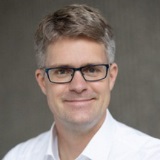 Jorgen B. Magnus, PhD, Professor & Chair, Biochemical Engineering, RWTH Aachen University
Jorgen B. Magnus, PhD, Professor & Chair, Biochemical Engineering, RWTH Aachen University
Using the Respiration Activity Monitoring System developed at the RWTH University of Aachen, the oxygen transfer rate can be measured very accurately in deep well plates, shake flasks, and stirred tank bioreactors. Thus, the state of the cell culture can be understood at different scales without the need to take samples. This information, in combination with calculations of volumetric power input and maximum energy dissipation, is used for scale-up.
 A scalable protein production technology to accelerate biotherapeutic development
A scalable protein production technology to accelerate biotherapeutic development
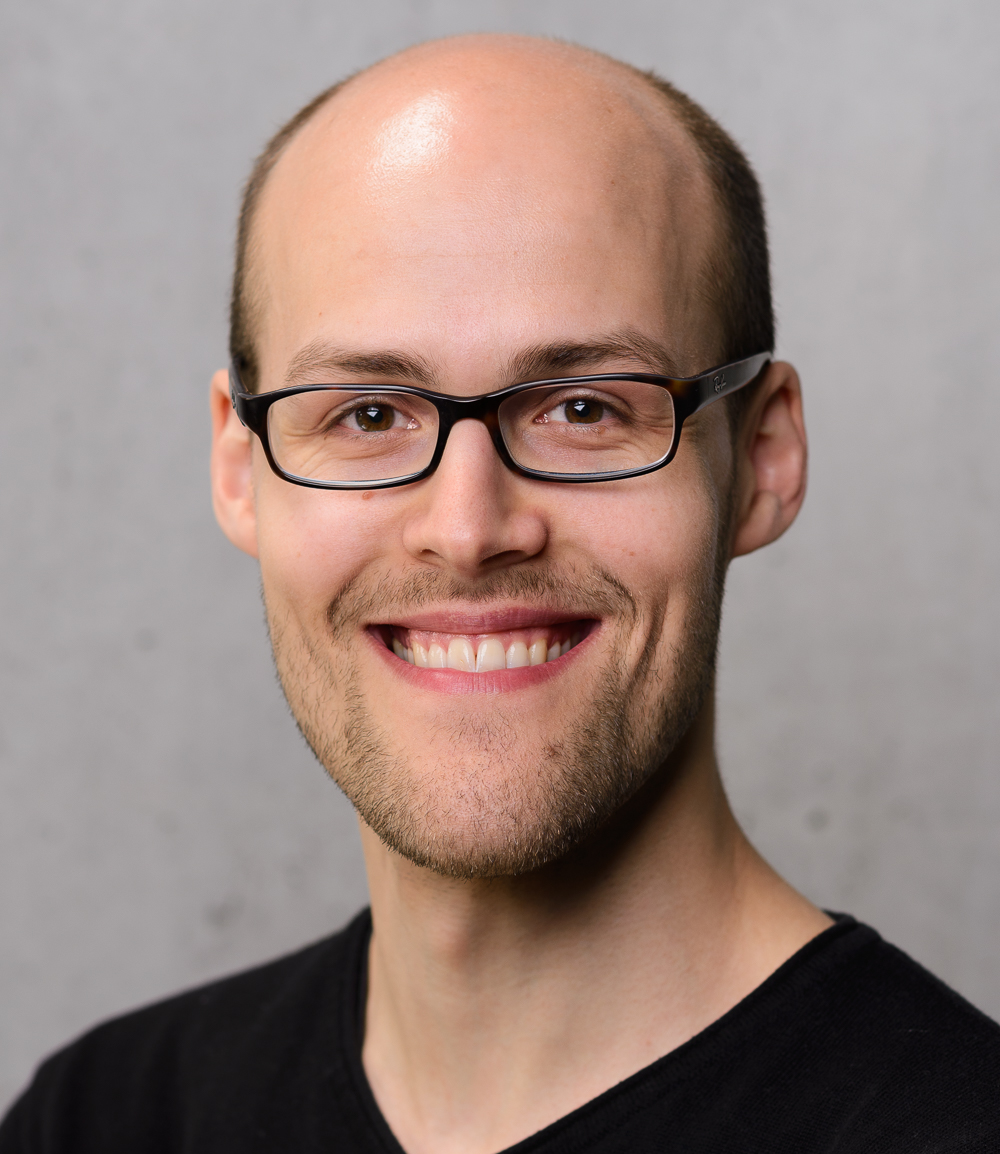 Hannes Juergens, Head of Platform Development, LenioBio
Hannes Juergens, Head of Platform Development, LenioBio
ALiCE® is a revolutionary cell‐free protein production platform transforming upstream bioprocessing for complex biotherapeutics. Overcoming traditional cell‐culture constraints, it efficiently produces diverse modalities-from fragments to full-size antibodies, including multispecifics, and difficult-to-express proteins-with rapid timelines and consistent quality. Through case studies and partner collaborations, we show how ALiCE® accelerates discovery and scale-up, redefining the pathway from science to clinical application. A bold alternative to cell culture, opening frontiers in biotherapeutics.
10:30Coffee Break in the Exhibit Hall with Poster Viewing

DIGITAL APPLICATIONS IN CELL CULTURE AND CLD
細胞培養・CLDにおけるデジタルアプリケーション
Accelerating Design of New Upstream Bioprocesses with Digital Twins: A Case Study on AAV Production
 Inês A. Isidro, PhD, Head of Biosystems and Data Science, iBET
Inês A. Isidro, PhD, Head of Biosystems and Data Science, iBET
Digital twins can significantly transform bioprocess design. We present a case study on AAV production in insect cells, where digital simulation was used to design a new fed-batch operation. This demonstrate how digital twins can be leveraged for new gene and cell therapy products, which often have limited accumulated data and serotype/donor-specific variability, to unlock faster and more efficient bioprocess development.
Computational Approach to Accelerate Culture Media Optimisation for New Modalities
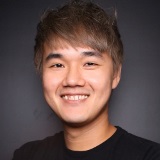 Zach Pang, PhD, Group Leader, Bioprocess Data Integration, A*STAR
Zach Pang, PhD, Group Leader, Bioprocess Data Integration, A*STAR
The current workflow involves experimental DOE to determine the optimal culture media formulation. A paradigm shift is underway in the optimisation of culture media, wherein a modelling approach can be employed to accelerate culture media optimisation. I will introduce a computational approach involving genome-scale metabolic modelling and model-guided DoE approach, and how this workflow can help the industry, particularly for new modalities, to accelerate culture media design and optimisation.
12:10Sponsored Presentation (Opportunity Available)
12:40Networking Lunch in the Exhibit Hall with Poster Viewing

DIGITALIZATION AND AUTOMATION IN ADVANCED THERAPIES
先端治療におけるデジタル化と自動化
Development of a Digital Twin for AAV Production
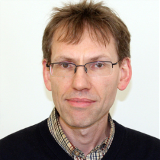 Frank Baganz, PhD, Associate Professor, Fermentation and Cell Culture, Biochemical Engineering, University College London (UCL)
Frank Baganz, PhD, Associate Professor, Fermentation and Cell Culture, Biochemical Engineering, University College London (UCL)
rAAV processes with complex dynamic behaviour requires high experimental effort, and is time consuming and expensive. Digital Twins (DT) that are based on mathematical models can be used for process development and optimisation. A mechanistic model of an rAAV9 production process has been developed and parameterised using in-house experimental data. The validation of the DT models and its application to increase the functional rAAV9 titre will be demonstrated.
Navigating Regulatory Challenges for Closed Processing in ATMPs
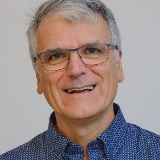 David Estape, PhD, Technology Manager and Senior Fellow, Process Engineering, CRB Group GmbH, Member, BioPhorum, ISPE
David Estape, PhD, Technology Manager and Senior Fellow, Process Engineering, CRB Group GmbH, Member, BioPhorum, ISPE
Focusing on regulatory challenges, this presentation explores the role of closed processing in Advanced Therapy Medicinal Products (ATMPs). Closed systems, together with standard process platforms and automation-digitalisation, are key for the future of ATMP manufacturing. Through the analysis of the current guidelines, this presentation draws how regulatory frameworks may either support or hinder closed systems adoption. The final goal is to align closed processing with current and future regulations.
15:00Close of Summit
* 不測の事態により、事前の予告なしにプログラムが変更される場合があります。
アジェンダ・講演者・スポンサー更新
